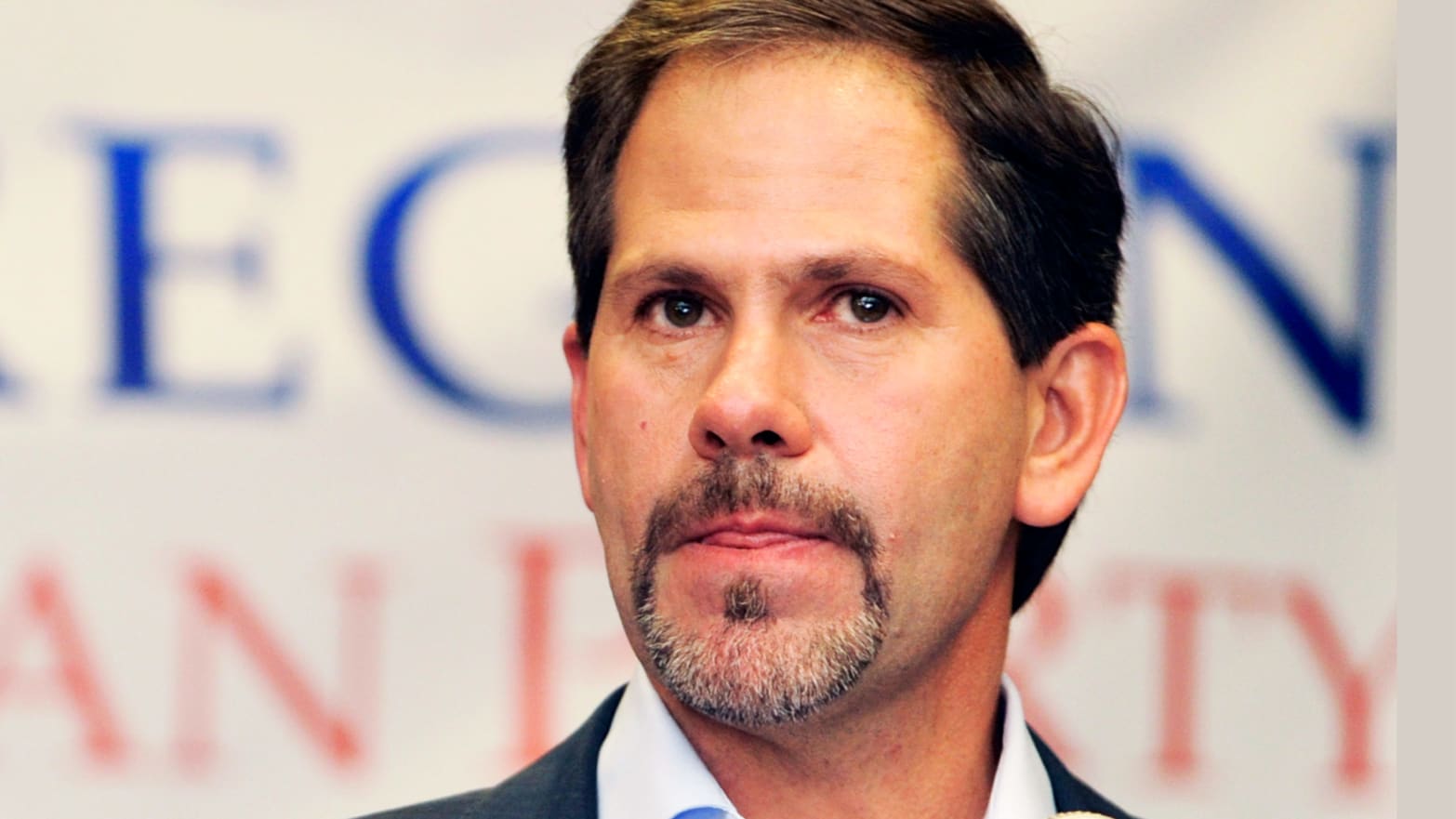The Republican gubernatorial nominee in Oregon declared in a recent debate that he supported loosening vaccination requirements in his state, raising alarm from medical professionals there.
Knute Buehler, a physician who currently serves as a state representative, responded to a recorded question about vaccinations by saying that he backed parental rights to opt out even absent a medical basis for doing so.
“As a physician, I certainly believe in the benefits of vaccination but I also think that parents should have the right to opt out,” Buehler said. “To opt out for personal beliefs, for religious beliefs or even if they have strong alternative medical beliefs. And that has been beneficial. I think that gives people option and choice and that’s the policy I would continue to pursue as Oregon’s governor.”
Buehler’s answer is at odds with the vast majority of medical literature, which touts the necessity of a social contract around vaccinations in helping to stop the re-emergence or spreading of infectious diseases. Under current Oregon law, parents are able to exempt children from vaccination under specific circumstances: that they talk to a medical provider or watch an online video about the benefits of vaccines.
By Monday, three Oregon medical organizations had asked him to retract his statement.
But there is a growing skepticism of vaccine mandates within political circles. Buehler is at least the second GOP gubernatorial candidate to express this sentiment this cycle. Kevin Stitt, who is running in Oklahoma, went even further, saying he did not personally vaccinate all of his children (a declaration he later contradicted in a debate). President Donald Trump is himself a noted vaccine skeptic.
Buehler, who was just recently endorsed by The Oregonian, has run a competitive race against current Gov. Kate Brown, with polls showing her leading by an average of less than four points.
Before he ran for governor, Buehler’s position on vaccines appeared to hew far closer to those pushed by the medical community. According to a 2015 report from My Central Oregon, the state representative spoke in favor of legislation that sought to remove non-medical exemptions for school vaccinations.
“I’m all for freedom until it starts to do harm to others and I think that this bill helps prevent this,” Buehler reportedly testified. “As a doctor, nothing is more important to me than protecting my patients, especially children who are particularly vulnerable to dangerous diseases.”
In an Oregonian article from that same time period, Democratic State Senator Elizabeth Steiner Hayward, who sponsored the bill, said Buehler had promised to be a co-sponsor. “The role of government is really to protect our most vulnerable citizens,” Buehler added at the time. “When necessary, we need to lead people and encourage them to do the right things.”
Hayward subsequently withdrew the bill citing pressure from opponents.
As the political debate was raging on, the organization Oregonians for Medical Freedom was attempting to stop the Senate bill from progressing, on grounds that it constituted an onerous mandate. The name listed on one of the group’s press releases is Rebecca Tweed, who according to the Oregon Secretary of State’s office was being with the listed occupation of “Political Communications Director” for Oregonians for Medical Freedom that year.
Tweed is now reportedly working on Buehler’s campaign, serving as political director after initially being campaign manager. The campaign did not respond to a request for comment.
Buehler’s position on vaccinations has notably changed since launching his gubernatorial campaign. In a radio appearance in April of this year, he was asked by radio host Bill Meyer about the same topic.
“I think vaccines are good in general, they’re a little bit overdone, but always parents should have the ability to opt out for medical or personal or religious beliefs,” Buehler said.
“OK, so you’re solidly on the side of freedom on this issue or liberty on this one?” Meyer continued.
“Absolutely,” Buehler responded. “But I think vaccines are good and I’d encourage people to get their kids vaccinated.”

